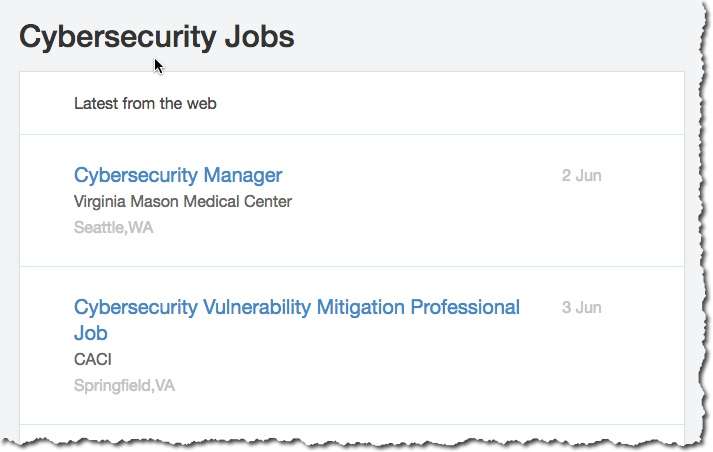If you have ever considered a career in cybersecurity, now is the time to pursue one. According to one recent study, by 2019 there will be a more than 6 million cybersecurity jobs worldwide, but only 4.5 million qualified individuals to fill them. That means that for those willing to put in the work, there could potentially be more than 1.5 million opportunities for well-paying, satisfying employment just waiting for them.
But what exactly does it take to work in cybersecurity? Many people are surprised to find that while the best paying jobs do require a four-year college degree (preferably in a related field), experience and education in computer science and general IT isn’t always enough. Expert-level skills in security, encryption, and yes, even hacking, are high on employers’ wish lists for their employees. Therefore, if you think you want to make your move into this lucrative and exciting field, you need to enhance your skills in those areas — something you can do with a few strategic decisions.
1. Earn Security Certifications
A recent review of cybersecurity job postings found that the majority of positions (and the best paying ones) all required applicants to hold security certifications like CISSP in order to even be considered. Therefore, it’s important that you put some resources toward earning the appropriate certifications. While CISSP is one of the most advanced credentials, if you don’t have a lot of cybersecurity experience yet you can begin with Security Plus training to earn the CompTIA Security+ certification and then work your way toward the higher level certifications. Regardless of where you begin, though, the idea is to start somewhere, since certifications are vital to being competitive in the cybersecurity job market.
2. Develop Leadership Skills
While technical skills in the fundamentals of IT and the day-to-day operations of a network are important, a growing number of employers are also prioritizing soft skills like leadership, communication, and decision making when making hiring decisions. Because cybersecurity jobs often require you to work as part of a team to align security with business objectives, you must be able to the do more than handle the technical aspects of the security infrastructure. Work on building your experience in leadership, take courses when necessary, and be prepared to demonstrate that you can work well with others when applying for jobs.
Join The Break Community
3. Participate in Hackathons
In order to stop cybercriminals, you need to learn how to think like one, and hackathons are a great way to get hands-on experience in the latest tools and techniques being used to wreak havoc. Not to mention, many companies look to tools like HackerRank, which rates hackathon participants on their skills, to identify potential job candidates. Just remember to keep it ethical, and never participate in any activities that are illegal or unethical, or your career could be over before it starts.
4. Network
As with any field, in cybersecurity it’s not always what you know, but who you know. Building professional relationships can help you not only find a job, but the people you meet may be able to provide some advice and guidance as you move through your cybersecurity career. Complete your profile on LinkedIn and keep it up to date, join industry groups (both online discussion groups and professional organizations) and attend relevant events to meet people and gain insight into the cybersecurity field. The more relationships you have, the better your chances of landing a great job.
5. Develop a Specialization
Finally, determine what area of cybersecurity you are interested in, and pursue it. No one can be all things to all people, and having an in-demand specialization will make you more appealing to employers. Specializing also helps you focus your goals and your career path, allowing you to become an expert rather than having experience that is a mile wide and an inch deep. Some of the most in-demand cybersecurity specializations include cloud computing, Microsoft and Cisco technologies, cryptography, and application development.
Once you get your foot in the door and start working in cybersecurity, the possibilities for career development are endless. As your skill set increases and you keep your knowledge current, it’s easy to quickly move into leaderships roles — and even the executive suite. Until then, though, follow these tips to get started and get on the road to that corner office.














